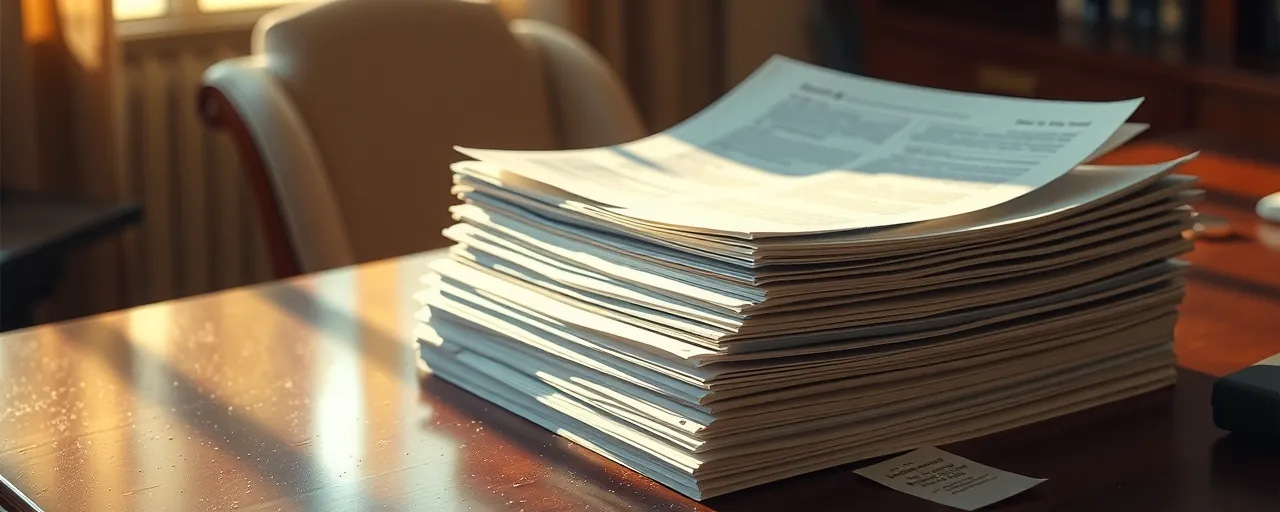A Promise Undermined by Fiction
Robert F. Kennedy Jr.’s 'Make America Healthy Again' report landed with a bold vow to rethink children’s health and challenge medical orthodoxy. It paints a vivid picture of a reformer taking on a broken system. Yet, the report’s credibility collapses under examination. Seven citations, meant to support its arguments, are entirely fabricated. This error isn’t trivial; it undermines the trust of parents and policymakers who deserve facts, not fiction.
Supporters, including some Republican figures, applaud the report’s defiance of pharmaceutical influence and medical consensus. They see it as a wake-up call to question overmedication. But inventing sources isn’t courage—it’s reckless. When a document meant to expose truth relies on falsehoods, it risks sowing doubt not only in drug companies but in the science that protects our children.
The High Price of Distrust
Trust in health institutions is waning. From mid-2023 to early 2025, public confidence in the CDC fell from 66% to 61%, and faith in the FDA dropped from 65% to 53%. Nationwide trust in doctors plummeted from 71.5% in 2020 to 40.1% by 2024. These declines have real consequences, with lower vaccination rates leaving communities exposed to diseases like measles and polio.
RFK Jr.’s report fuels this skepticism by portraying doctors as tools of profit-hungry industries. It questions vaccine safety with unverified claims, resonating with those wary of authority. Yet, vaccines are rigorously tested and save millions of lives yearly. By citing non-existent studies, the report empowers anti-vaccine narratives, putting public health at risk.
Why does this matter? Misinformation spreads rapidly. Social media saw 3.8 billion views of COVID-19 and vaccine conspiracy content in one year. When figures like RFK Jr. amplify dubious claims, they make it harder for families to navigate health decisions with confidence.
Evidence Over Ideology
Those who value science-driven policy uphold the consensus that vaccines are safe and effective. This trust is grounded in decades of evidence, from smallpox eradication to polio’s near-elimination. Advocates for equitable health policy believe expert guidance safeguards everyone, especially vulnerable children and adults with weakened immune systems.
The report’s defenders, including alternative health proponents and some Republican leaders, cast doubt as a defense of freedom. They argue it challenges an overzealous medical system. But their stance weakens under scrutiny. The report’s push to rethink vaccine schedules lacks solid evidence and recalls nineteenth-century anti-vaccine campaigns that prolonged smallpox’s toll. Questioning authority is essential, but fabricating facts serves no one.
The consequences are clear. Vaccine hesitancy, fueled by distrust, drove a 30% global spike in measles cases from 2016 to 2019. RFK Jr.’s report, with its flawed foundation, threatens to echo this dangerous past.
Rebuilding Trust, Step by Step
Restoring faith in health systems demands clear action. Public health officials must communicate vaccine safety transparently, using language families understand. Initiatives like KFF’s Health Misinformation Monitor and prebunking efforts, which counter false claims early, equip people with reliable information.
Addressing distrust also means tackling healthcare’s flaws. Skyrocketing drug costs and opaque insurance practices fuel public frustration. Policymakers dedicated to fairness must champion reforms that prioritize patients over profits, showing the system works for everyone.
RFK Jr.’s report may have stirred debate, but its errors call for a stronger response. We cannot let falsehoods derail health progress. By rooting policy in evidence and protecting the vulnerable, we can restore confidence and secure a healthier future. Who wouldn’t want that?
